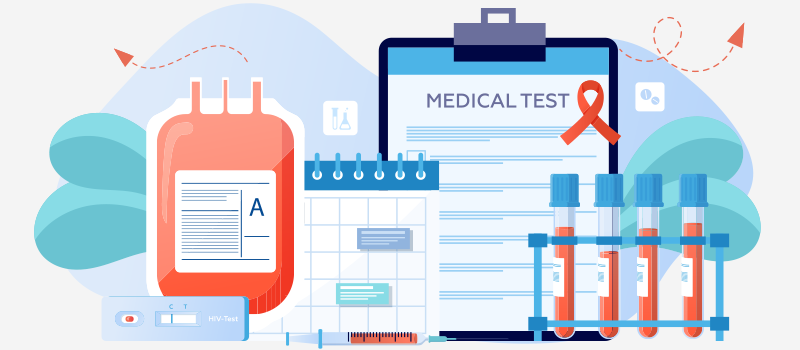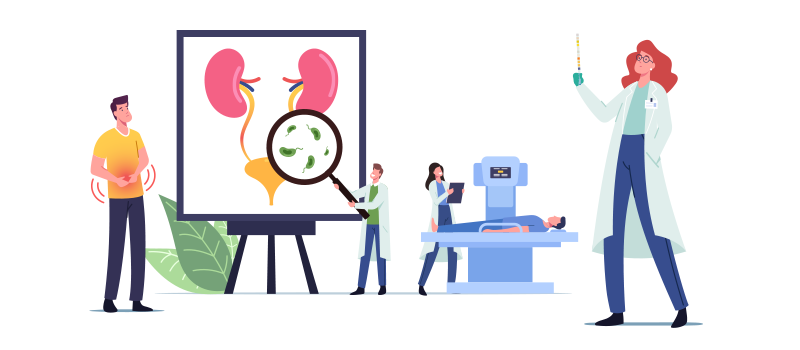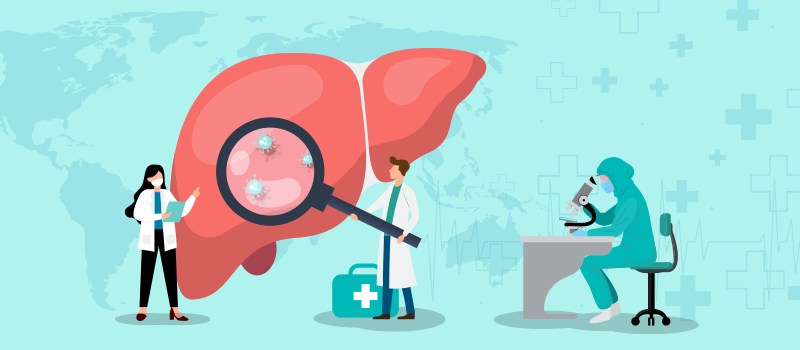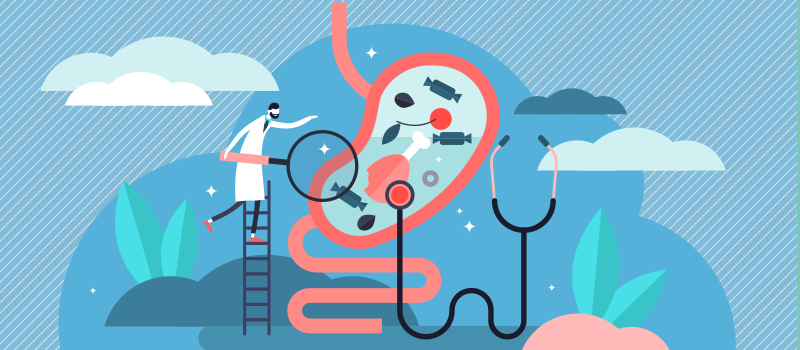What’s the Buzz
The Bee Healthy Blog
Cold Sore vs. Herpes: Understanding the Differences

Cold sores and genital herpes are related conditions caused by the same virus, but they are not the same. Please continue reading to understand the differences between cold sores and genital herpes.
What is the herpes simplex virus?
The herpes simplex virus (HSV) is a common virus that infects humans. It is of two types—HSV-1 and HSV-2. According to the World Health Organization, globally, approximately 3.7 billion people live with HSV-1, and 491 million have HSV-2 infection.
The herpes virus spreads through skin contact. It causes two conditions—oral herpes (HSV-1) (also called cold sores or canker sores) and a sexually transmitted infection called genital herpes (HSV-2).
Most people with HSV infections do not have any symptoms. However, when present, symptoms of herpes infections include painful fluid-filled blisters that can come back again and again.
What are cold sores?
Cause
Cold sores (also called fever blisters or canker sores) are a common viral infection caused by the herpes simplex virus. They are commonly caused by HSV-1 and less commonly by HSV-2.
Symptoms
Cold sores consist of painful fluid-filled blisters on the lips and mouth. The blisters are usually present in groups. Over time, they break open, scab over, and heal without leaving a scar.
Spread
Cold sores spread through close contact, for example, kissing and oral sex. They can also spread through sharing razors, lip balm, and eating utensils. Additionally, the virus can spread from mother to baby during childbirth. A cold sore is contagious even if it is not visible.
Treatment
There's no cure for cold sores. Treatment with antiviral medication (pills or creams) can help the sores heal more quickly and reduce the severity and frequency of future cold sore outbreaks.
What is genital herpes?
Cause
Genital herpes is a common viral infection mainly caused by the HSV-2 virus (it can also be caused by HSV-1). This viral infection is more common in women than men. The CDC estimates that approximately 12% of Americans between the ages of 14 and 49 have an HSV-2 infection.
Symptoms
Genital HSV infections may not cause any symptoms. When present, the signs and symptoms can include pain, itching, and sores on the genitals. Having an HSV-2 infection increases the risk of acquiring and spreading HIV.
Spread
Genital herpes is a sexually transmitted infection. It spreads mainly through skin-to-skin contact during sexual contact. The virus lies dormant in the body after the initial infection and first outbreak and can become reactivated several times a year. Genital herpes is contagious even when there are no visible sores on the genitals.
Treatment
While there is no cure for genital herpes, antiviral medication can help ease the symptoms and reduce the risk of spreading the infection to others. Using condoms helps prevent the spread of genital herpes.
What are the similarities and differences between cold sores and genital herpes?
Cause
Herpes simplex virus type 1 causes cold sores most of the time. Herpes simplex virus type 2 usually causes genital herpes. However, either cold sores or genital herpes can be caused by HSV-1 and HSV-2.
Symptoms
HSV infections are often asymptomatic, so you do not know you have a herpes virus infection. When present, symptoms of herpes simplex include pain, itching, and tingling, followed by the appearance of small blisters.
Location where blisters form
Cold sore vs. genital herpes is different regarding the location of blisters. In oral herpes, blisters are typically present around the lips and mouth. In genital herpes, the blisters are present on the vulva, vagina, and anus in women and the penis and anus in men.
Treatment
There is no cure for cold sores or genital herpes. Antibiotics cannot treat these conditions as they are not a bacterial infection. However, antiviral creams and pills can help to speed up the healing of sores. Antivirals also reduce the risk of spreading the infection to others. Medications may be used to relieve flu-like symptoms that can accompany a herpes simplex outbreak.
Healthcare professionals may prescribe antiviral medications such as valacyclovir (Valtrex), acyclovir (Zovirax), famciclovir (Famvir), and penciclovir (Denavir) to patients showing symptoms of HSV-1 or HSV-2. These prescription medicines are especially recommended for people with weakened immune systems to help their bodies get rid of the virus. Daily use of antivirals may be recommended for some people to reduce the frequency of future outbreaks.
Home Remedies
It takes two to three weeks for most cold sores and genital sores to heal completely. You should keep the affected area clean and dry until the scab falls off. Wear loose-fitting cotton underwear if you have sores on your genitals. Cold compresses and Epsom salt baths can help ease the pain. Topical treatment with aloe vera gel may promote the healing of painful blisters.
Precautions during herpes outbreaks
- Genital herpes and cold sores spread through physical contact. To protect yourself from a herpes virus infection, always use a condom or dental dam during oral, vaginal, and anal sex.
- Avoid sexual activity during an active herpes outbreak. Even if you use a condom, sores may be present in places that aren’t protected by the condom.
- Do not have oral sex or kiss if you have a cold sore on your lips or mouth.
- Do not share razors, towels, lip balms, lipsticks, and toothbrushes.
- Wash your hands after touching your genital area even if you can’t see any sores.
References:
- https://www.cdc.gov/std/herpes/stdfact-herpes-detailed.htm#
- https://www.who.int/news-room/fact-sheets/detail/herpes-simplex-virus
- https://www.mayoclinic.org/diseases-conditions/genital-herpes/symptoms-causes/syc-20356161
- https://www.mayoclinic.org/diseases-conditions/cold-sore/symptoms-causes/syc-20371017












SOCIAL